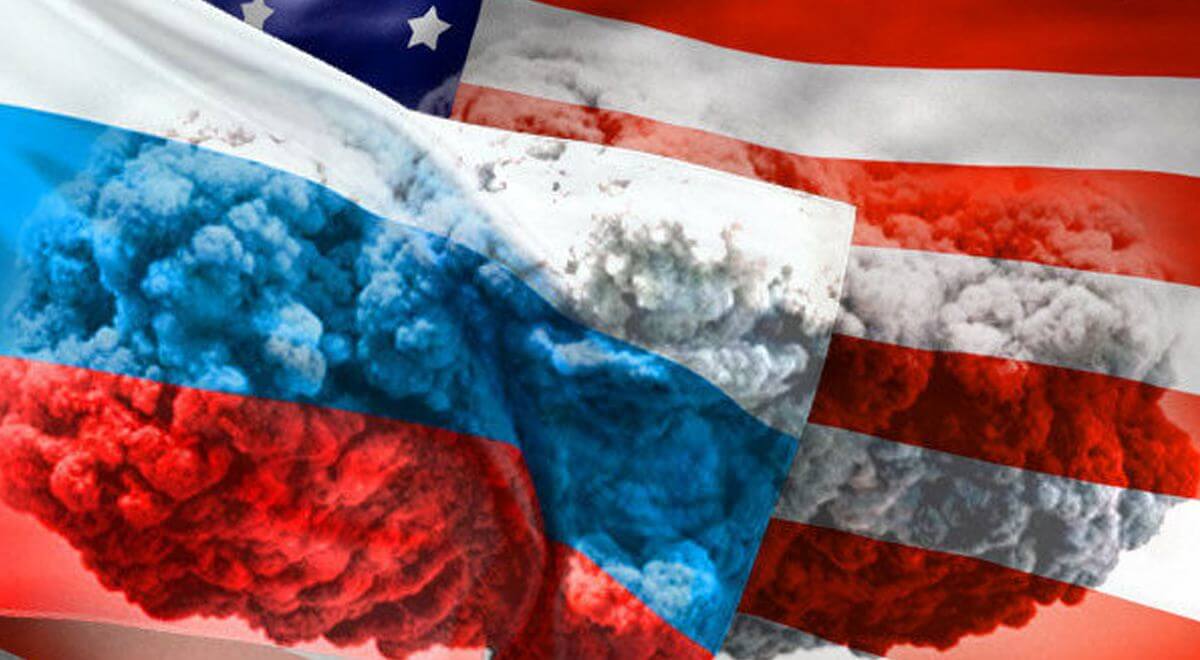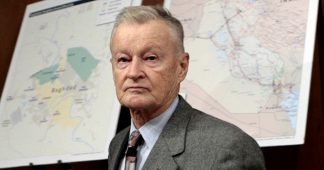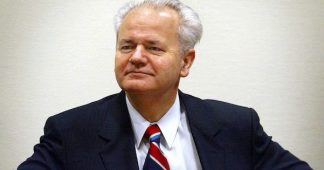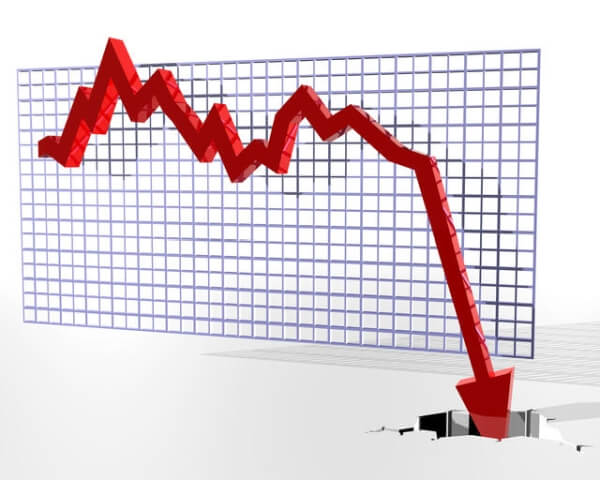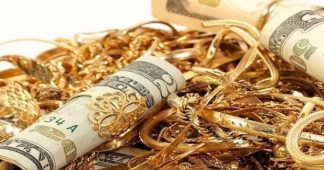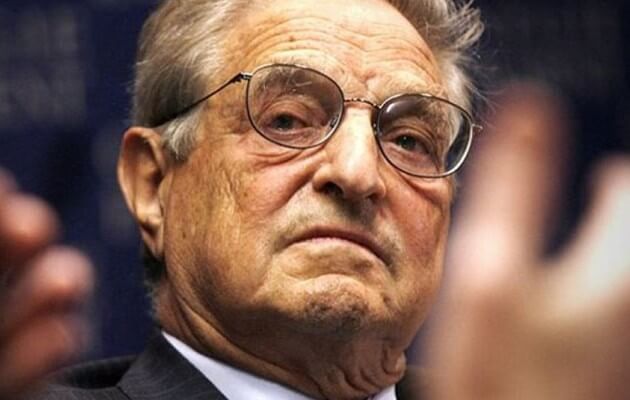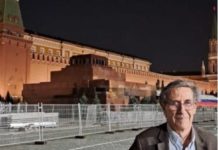By Giulietto Chiesa
Although the general rule for the masters of the universe – or “universal masters” as Paul Krugman, the Nobel laureate in economics, called them some time ago – is that they communicate exclusively with each other, emitting cryptic smoke signals, sometimes they send out clear messages to the public. This is one such time, and there are two things that are transparently clear. The first is that there is a specific spokesperson. The second is that the situation is critical.
It is the Rothschild International Trust (RIT) that is speaking and the specific spokesperson is its president, Jacob Rothschild. A few days ago a more than surprising note appeared on the RIT web-site: “The six months under examination showed that central bankers are continuing to pursue the greatest experiment in monetary policy in world history.” That is what the report says. (The report: Half-Yearly Financial Report)
So, an “experiment”, unprecedented in modern history, is still under way. This experiment (it is the first time that the term has appeared in these contexts) is being conducted by a handful of men, namely, by central bankers, the people who have so far carefully refrained from providing any information to the billions of people suffering its consequences. It is obvious that these bankers have immense, and potentially deadly, power, and that they are exercising it unimpeded by any democratic consideration.
We also know that such an “experiment” has been ongoing for several decades, and that it has accelerated and intensified in the last eight years or so, that is, from the time of the Lehman Brothers crisis, which bankrupted all of the major Western banks, one after another. Rothschild seems to be telling us the obvious: that the experiment is “still in progress”. But he does not seem to be happy with it. Probably he wants us to know that it is now time for it to be consummated. But he does not say in what form such a finale may be expected. He indicates that his banks have begun to invest in precious metals (i. e. gold, platinum etc.) and reduce their investments in debt certificates of the US Treasury. Even the U. K. pound is being abandoned to its fate. He also offers, with extraordinary clarity, the following diagnosis: “We are therefore in uncharted waters and it is impossible to predict the unintended consequences of very low interest rates, with some 30% of global government debt at negative yields, combined with quantitative easing on a massive scale”. “Uncharted waters”, then. Up until now the experiment has been successful. But “growth remains anemic, in the presence of deflation in many areas of the developed world and with a weak demand”. This looks like the continuation of a discourse launched a few months ago by Laurence Summers, presidential advisor and one of America’s most important American bankers. In sharp contrast to the overoptimistic forecasts of the IMF, Summers wrote that, for the same reasons as those cited by Jacob Rothschild, the prospect for the next five years is for a World GDP growth rate close to zero. And he made it abundantly clear that with interest rates at such a low level, it is not possible to remove oneself from this condition through monetary or fiscal measures. He called for “new economic knowledge”, i.e. for something that doesn’t exist. These are the “uncharted waters”.
And, unlike Summers, who is just a banker, Rothschild is involved in politics. He launches another alert: “with the UK having voted to leave the European Union, – he writes – the presidential election in the US in November is likely to be unusually fraught, while the situation in China remains opaque and the slowing down of economic growth will surely lead to problems” (here he is in full agreement with Summers).
So it seems that the lords of the planet have no recipes on offer and are beginning to be preoccupied with how to retain control of the situation. Rothschild does not mention Russia; we do not know what he thinks. His abstention from comment is not necessarily the silence of knowledgeable tact. In Syria, the West’s plans are crumbling, and Russia, under sanctions, has decided to put an end to Daesh. All the masters’ economic doctrine seems suddenly to have become as precarious as that immense mass of money and derivatives that has deluged the entire world. Do they have some trickery up their sleeve? It is likely that they have. Surely they are not in the habit of carrying out giant “experiments” without providing themselves with some emergency exit. Unless they have been so stupid that they have ignored the problem. In this case, it is the remaining seven billion of us who have to do the thinking for them.
Giulietto Chiesa is one of the best known Italian journalists. He was Moscow correspondent for twenty years for “L’Unità” and “La Stampa”. He worked with all major Italian television channels, from the TG1 to TG3 and TG5 and is currently political analyst for major Russian television channels. He is the only Italian journalist to be repeatedly mentioned in the autobiography of Mikhail Gorbachev, whom he has repeatedly interviewed. He writes a blog for “Il Fatto Quotidiano”. His own blog is http://www.megachip.info/ . He is founder and director of Pandoratv.it web tv. An expert in international politics and communications scholar, he founded the political-cultural movement “Alternativa”. Among his credits there are some best-sellers such as “Endless War”, “Superclan” (with Marcello Villari), “Barack Obush” (with Pino Cabras) and the movie “Zero, an inquiry into 9/11”. He is one of the initiators of Sofia Club and of the Delphi Inititative. His new book, “Putinophobia” is to come out simultaneously in France, where the author was invited as a guest at the Paris Book Fair, and in Russia.
